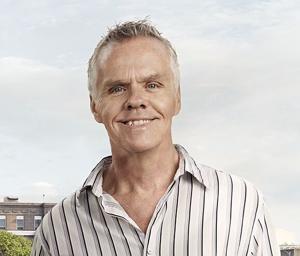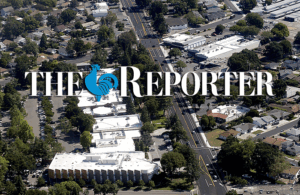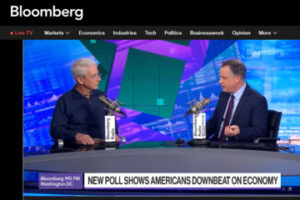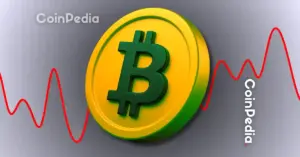
The phenomenon known as Political Derangement Syndrome has intensified across various nations, with analysts noting a marked increase in divisive rhetoric and behavior among political leaders and citizens alike. This trend has raised concerns about the stability of democracies in the United States, Europe, Australia, and Canada, particularly as the world approaches critical elections in March 2024.
Many observers argue that political discourse has devolved into a battleground where differing viewpoints are often met with hostility rather than constructive debate. Jerry Davich, a prominent commentator on political issues, highlights that this syndrome manifests as an irrational response to political differences, making compromise increasingly elusive.
Impact on Society and Governance
The ramifications of this polarization extend beyond the political arena. It permeates social interactions, with families and friends often divided along party lines. Public opinion surveys indicate that a significant portion of the population in these regions feels alienated from opposing viewpoints. Many individuals report feeling uncomfortable discussing political issues with acquaintances, fearing backlash or conflict.
In the United States, recent polling data reveals that nearly 65% of citizens believe that political polarization has worsened over the last decade. The findings suggest that this trend is not limited to one political party but is representative of a broader societal shift. Experts warn that if left unchecked, this division could undermine civic engagement and trust in democratic institutions.
Responses and Potential Solutions
Efforts to counteract this trend have emerged, with various organizations advocating for dialogue and understanding across political divides. Initiatives aimed at fostering civil discourse and community engagement are gaining traction, as leaders seek to bridge the growing chasm between differing ideologies.
For instance, community forums and workshops designed to encourage open conversations about political beliefs are being organized in multiple regions. Such initiatives aim to create a space where individuals can express their views without fear of judgment or hostility.
As the world gears up for significant political events in the coming months, the stakes are high. The capacity of societies to engage constructively with their differences may determine the trajectory of democratic governance in the years ahead. In the face of increasing polarization, the question remains: can societies find a way to heal the rifts that have formed?
The challenge is formidable, but the pursuit of understanding and dialogue is essential for the health of democracies worldwide.






